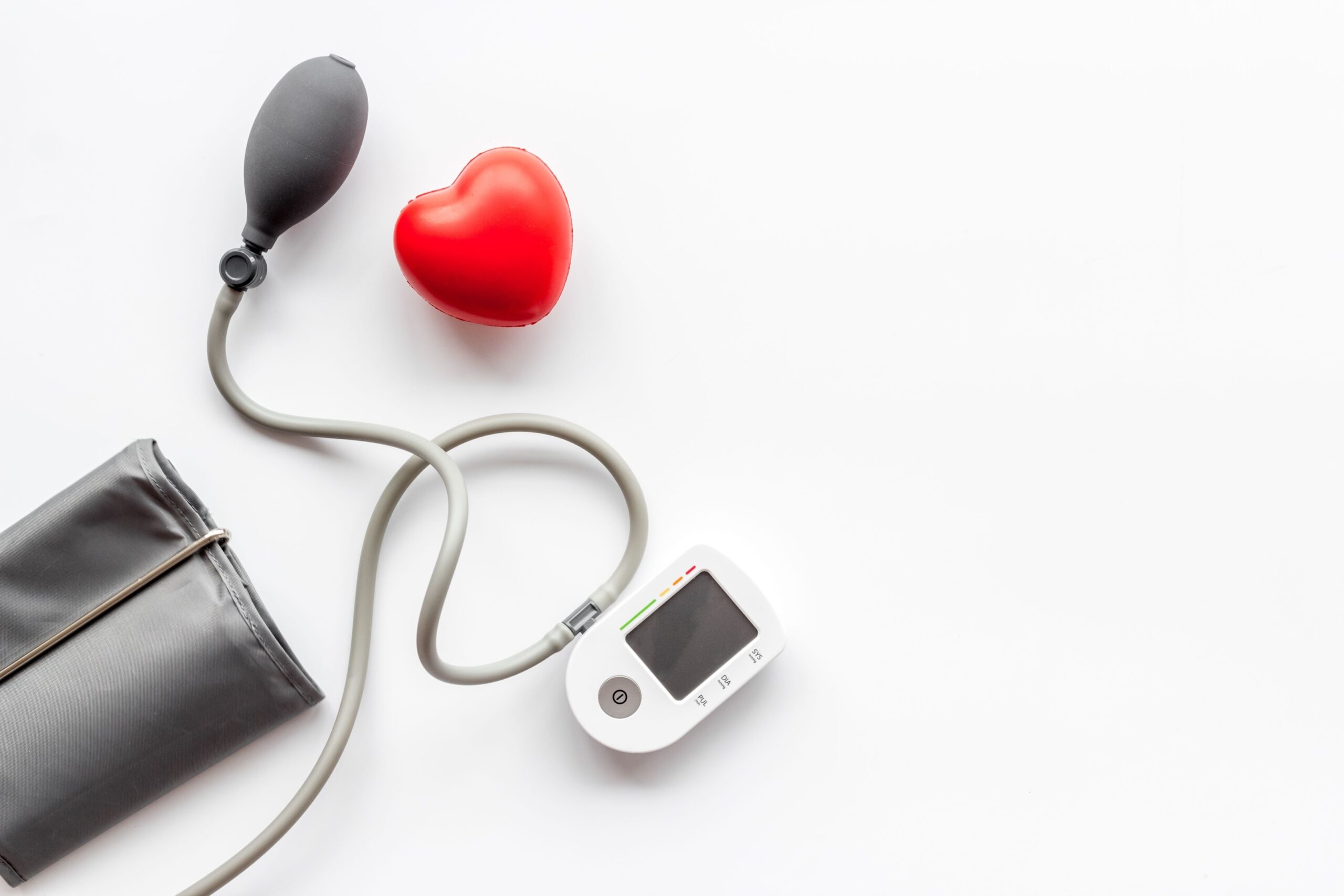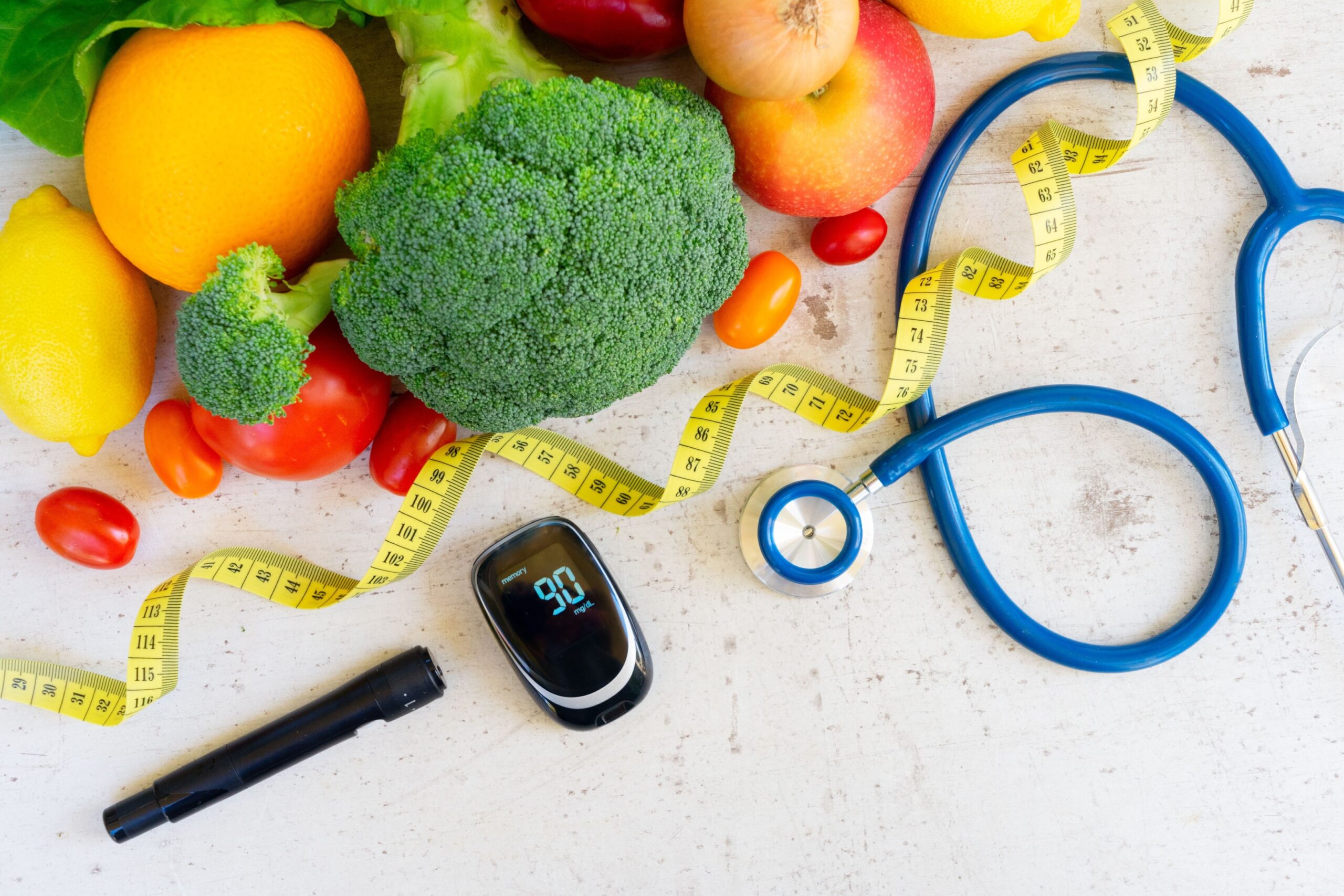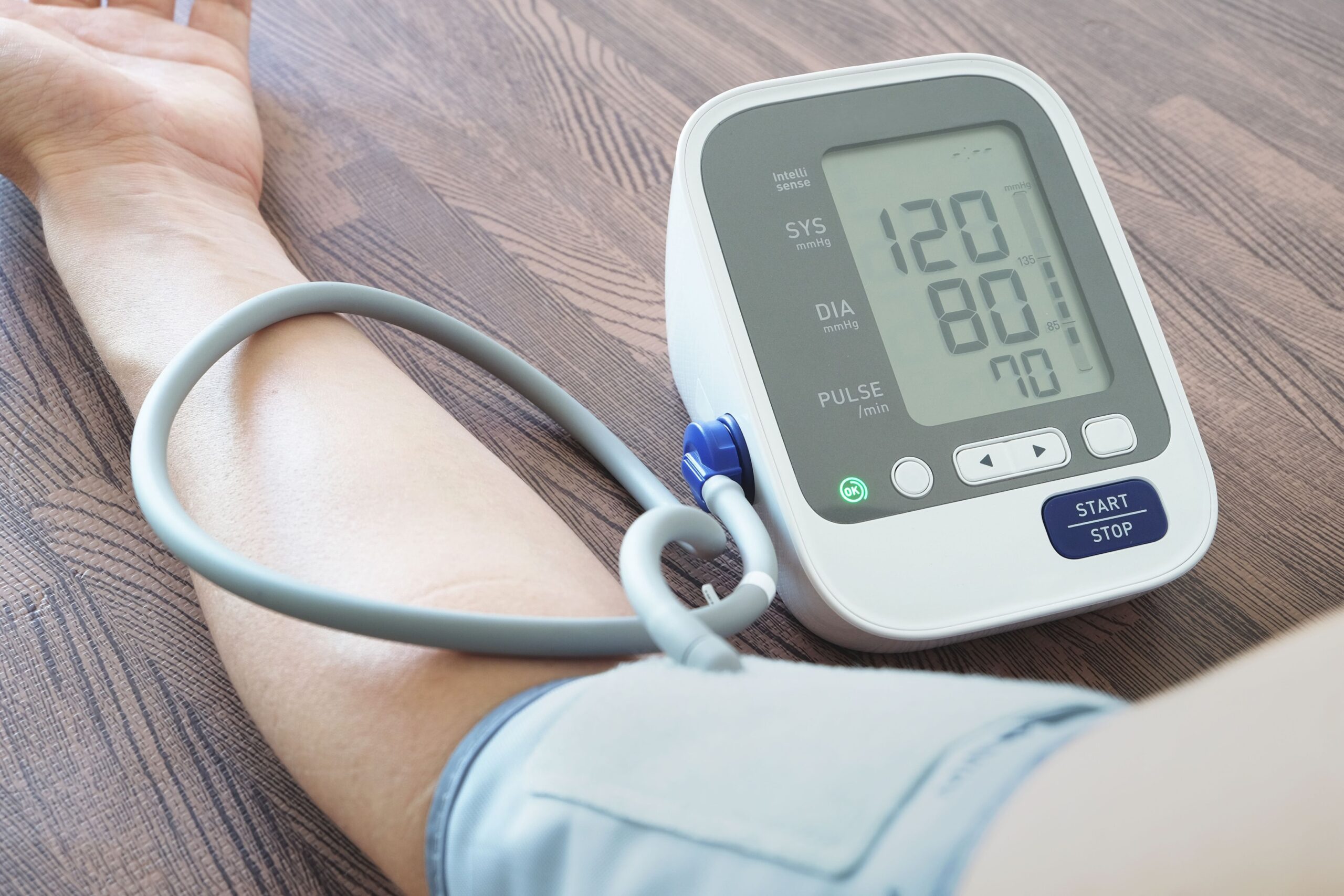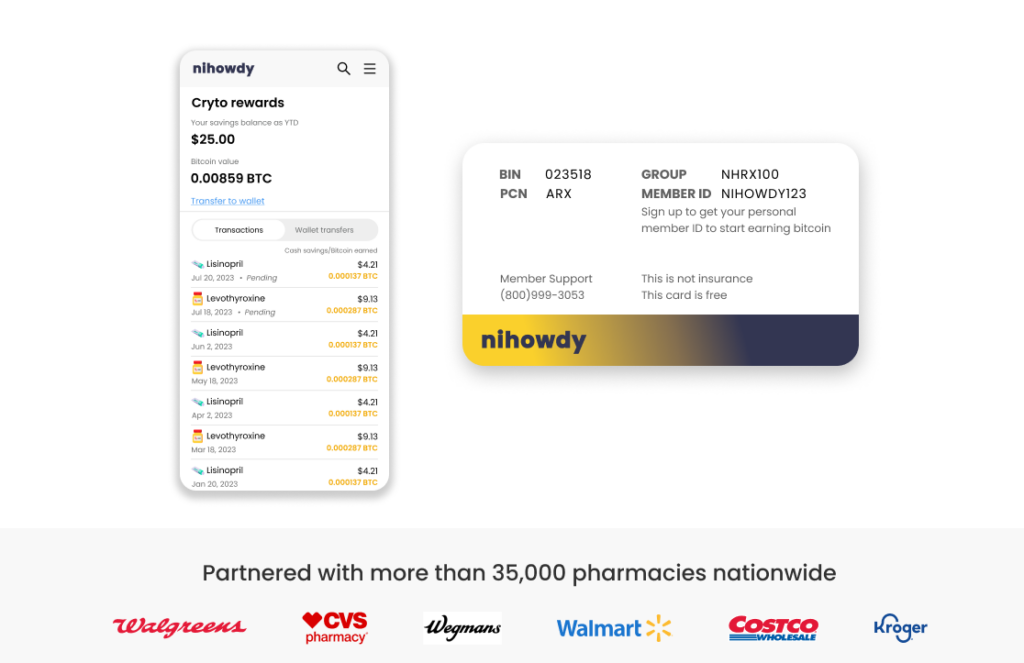Understanding What Is Hypertension: Causes, Symptoms, and Management


Hypertension, also known as high blood pressure, happens when the force of blood against your artery walls is always too high. This can cause health problems over time. What is hypertension? It’s a common condition that can lead to serious issues, like heart disease and stroke, if not managed properly. This article explores the causes, symptoms, and ways to manage hypertension, helping you take informed steps toward better health.
Key Takeaways
Hypertension is a silent condition with consistently high blood pressure, often showing no symptoms, but can lead to severe health risks without regular check-ups.
Lifestyle choices like diet, lack of exercise, and substance use play a big role in developing hypertension, but healthy habits can manage and prevent it.
Medications can treat hypertension and are often needed when lifestyle changes aren’t enough; the choice of medication may depend on individual response, age, and race.
Demystifying Hypertension: The Basics

Hypertension isn’t just a fancy word. It means your blood pressure stays high all the time. Doctors check systolic and diastolic numbers to see if someone has high blood pressure. They compare these numbers to set standards to diagnose hypertension.
Knowing what your blood pressure readings mean is important—they’re not just random numbers but signs that can show health problems. Understanding which numbers are healthy and which are risky is key to controlling your blood pressure.
What is Blood Pressure and How is it Measured?
Blood pressure is the force of your blood pushing against the walls of your blood vessels as your heart pumps. It’s measured in millimeters of mercury (mm Hg) and usually given as two numbers. The first number, systolic pressure, shows the force when your heart beats. The second number, diastolic pressure, shows the force when your heart rests between beats. It’s important to check your blood pressure regularly to stay healthy and catch any problems early.
Think of it like this: each heartbeat sends a signal through your blood vessels, creating systolic and diastolic pressures. Knowing what these numbers mean is crucial for checking your heart health and avoiding problems from high blood pressure.
The Threshold for High Blood Pressure
Normal blood pressure is usually below 120/80 mmHg. If your blood pressure readings are often at or above 140/90 mmHg, you might have high blood pressure.
Remember that what counts as high blood pressure can differ depending on where you live. So, it’s important to check your blood pressure regularly and know your area’s guidelines.
The Silent Nature of High Blood Pressure

Hypertension is sneaky, earning the nickname ‘silent killer’ because it usually shows no symptoms. This lack of symptoms makes it super important to regularly check your blood pressure so that hypertension doesn’t go unnoticed and untreated.
If blood pressure gets high, warning signs like chest pain, headaches, and blurry vision can appear. These signs mean you need to see a doctor right away. Even though it often hides, high blood pressure can be very dangerous.
The Root Causes of Increased Blood Pressure
There are two main types of hypertension: essential hypertension, which happens over time without a clear cause, and secondary hypertension, which is caused by another health problem. The rise of hypertension in low- to middle-income countries is often due to unhealthy eating habits and obesity, both of which can raise blood pressure.
Age is also a big factor. As people age, their chances of high blood pressure increase. It’s more common in men until age 64, and after that, it’s more common in women. Long-term stress and bad sleep habits can also raise blood pressure levels.
Lifestyle Factors That Raise Blood Pressure
Certain habits can raise blood pressure. Eating unhealthy food, not exercising, smoking, and drinking too much alcohol are all risk factors. Eating too much salt can cause your body to hold onto extra water, which can raise your blood pressure.
Not moving around enough can also raise your blood pressure by making you gain weight and increasing your heart rate. Smoking or vaping can temporarily raise your blood pressure and damage your blood vessels over time.
How Health Conditions Influence Blood Pressure
Some health problems, like kidney disease, can raise blood pressure. When the blood vessels in your kidneys become narrow or weak, it can cause high blood pressure.
Preventing and Lowering High Blood Pressure Naturally

There is still reason for optimism! You can manage and even prevent high blood pressure by making healthy lifestyle changes. This can reduce the risk of heart disease, strokes, and other health problems. For example, reducing salt could lower your blood pressure by 5-6 mm Hg, and drinking less alcohol might lower it by around 4 mm Hg.
Being active is a great way to naturally lower blood pressure and improve heart health. Try to include these exercises in your daily routine:
Strength training at least two times a week
Aerobic exercises like brisk walking, jogging, or swimming
Yoga or Pilates for flexibility and stress relief
Keeping a healthy weight is also important because it helps prevent changes in your blood vessels and kidneys that can raise blood pressure.
The Role of Diet in Controlling Blood Pressure
Eating well is not just about looking good; it’s also about feeling good and staying healthy. Here are some tips for a healthy diet:
Eat more than seven servings of fruits and vegetables each day
Include whole grains in your diet
Limit processed foods and added sugars
Drink plenty of water
Choose lean proteins
Limit saturated and trans fats
Practice portion control
These tips can help lower high blood pressure and improve your overall health.
Potassium is also important for controlling blood pressure. Consuming 3,500 to 5,000 mg daily is recommended, as it helps balance the effects of sodium. Don’t forget to limit refined sugar intake to maintain healthy blood pressure.
Physical Activity as a Tool for Blood Pressure Management

Doing regular physical activity isn’t just good for athletes. It’s also a great way for anyone to lower high blood pressure. Exercising for at least 150 minutes a week can help keep your blood pressure in check.
Medicines for High Blood Pressure
Sometimes, changing your lifestyle isn’t enough to manage high blood pressure. In those cases, you might need to take medicine. There are different kinds of medicines for high blood pressure, like:
Diuretics
Beta-blockers
ACE inhibitors
Angiotensin II receptor blockers (ARBs)
Calcium channel blockers
Alpha-blockers
Alpha-2 receptor agonists
Combined alpha and beta-blockers
Vasodilators
Paying for medicine can be tough. NiHowdy offers a discount card that helps you save money on your high blood pressure medicines. Plus, you can earn rewards in Bitcoin when you use it.
Understanding Prescription Options
Medications for high blood pressure help keep your blood pressure under control, which can lower the risk of heart problems. There are different types of these medications, including:
Diuretics
ACE inhibitors
Beta-blockers
Calcium channel blockers
Different people may react differently to these medications. What works for one person might not work for another. It’s important to follow your doctor’s advice about which medicine to take, how much to take, and your overall treatment plan for high blood pressure.
Age, ethnicity, and other health conditions can affect which high blood pressure medicine is best for you.
The NiHowdy Advantage: Saving Money on Blood Pressure Meds
NiHowdy offers a special discount card for prescriptions. Every time you buy your medication, you can earn up to 3% back in Bitcoin. This rewards program helps you save money on your meds and gives you rewards that might grow in value over time.
These savings can help you manage your healthcare costs and reach your financial goals.
Monitoring Your Blood Pressure at Home

To get good results from checking your blood pressure at home, it’s important to take accurate measurements. Follow these tips for the best readings:
Use an automatic monitor with a cuff that fits around your upper arm.
Pick a monitor that has been tested and proven to be accurate.
Make sure the cuff fits your arm properly.
It’s important to check your blood pressure at the same times each day and take multiple readings. This will give you a better idea of your blood pressure over time. Always bring your home monitor to doctor visits to ensure it’s working correctly and learn how to use it properly.
How High Blood Pressure Affects Your Organs
High blood pressure affects more than just your blood pressure numbers. It can harm important organs like your heart, kidneys, brain, and eyes.
This damage can lead to serious health problems like heart disease, vision loss, kidney failure, or even a stroke.
Because high blood pressure makes your arteries and blood vessels stiff and less flexible, fat can build up and block blood flow, causing organ damage.
The Consequences of Heart Health
High blood pressure, or hypertension, makes the heart work harder and beat more often. This can make the heart bigger and increase the chances of getting heart disease or having a heart attack. If high blood pressure isn’t treated, it can make the arteries stiff, which reduces blood flow and can cause a heart attack.
People with high blood pressure need to eat a heart-healthy diet. This can help lower blood pressure and reduce the risk of strokes, heart disease, and heart attacks. Knowing about hypertensive crises is also important because they can cause serious heart problems.
Kidney Disease and Hypertension
High blood pressure can also damage the kidneys and is a leading cause of chronic kidney disease. The harm caused by high blood pressure can increase the risk of kidney failure.
Addressing Hypertension in Special Populations
High blood pressure can affect anyone, no matter their age or lifestyle. Some groups, like pregnant women and people with a family history of high blood pressure, need special care and treatment.
Managing Pregnancy-Related Blood Pressure Changes
Blood pressure can change during pregnancy. A specific condition called preeclampsia can develop, which involves high blood pressure and can affect organs in pregnant individuals. This condition can worsen into eclampsia, which includes seizures and is a serious medical emergency.
To manage high blood pressure in pregnant women, doctors may use several methods:
Careful monitoring of blood pressure levels
Changes to lifestyle and diet
Use of medications that are safe during pregnancy
Counseling before pregnancy
It’s important to remember that having high blood pressure during pregnancy can have long-term effects on health.
The Genetic Component: Family History and Blood Pressure
If high blood pressure runs in your family, you might have a higher chance of developing it. This risk increases as you get older or if you have conditions like diabetes or kidney disease.
To prevent it, regularly check your health and take steps to reduce other risk factors that you can control.
Summary
High blood pressure is a serious issue that needs our attention. By staying informed and taking action, we can manage it effectively. To keep hypertension under control, it’s important to lead a healthy lifestyle, regularly check blood pressure, and follow doctors’ advice. Taking these steps is crucial because good health is our most valuable asset!
Frequently Asked Questions
What is high blood pressure?
High blood pressure, also called hypertension, occurs when the force of the blood against the artery walls is too strong. If not controlled, it can lead to serious health problems.
What lifestyle factors can raise blood pressure?
To stay healthy, you should eat well, avoid smoking and drinking too much alcohol, and exercise regularly. These habits can help keep your blood pressure from getting too high.
How can I monitor my blood pressure at home?
You can check your blood pressure at home using a monitor that wraps around your upper arm and inflates automatically. It’s important to measure it simultaneously every day to see if there are any changes.
What are some ways to prevent and lower high blood pressure naturally?
Focus on living a healthy lifestyle to prevent and lower high blood pressure. This means eating a heart-friendly diet, staying active, and maintaining a healthy weight. These changes can help you control your blood pressure.
How does hypertension affect organs?
High blood pressure can damage important organs like your heart, kidneys, brain, and eyes. This damage can cause serious health problems like heart disease, kidney failure, vision loss, and strokes. Keeping your blood pressure under control can help prevent these issues.


